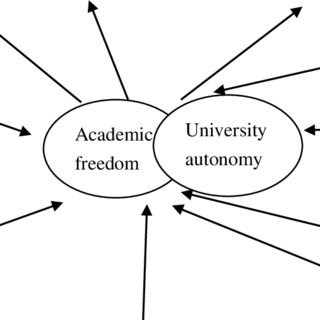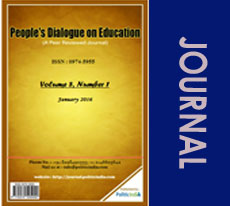MAKING INDIA : A NEW VISION FOR DRAFT EDUCATION POLICY 2016
- Post By PoliticIndia.com on
- 02/Jan/2017
Khagendra Kumar
Chief Editor
We should strive harder for better India in 2017 so that common people could live with some dignity having access to good food, proper dwellings, health facilities, medicines, safe drinking water etc. Even after 69 years of independence we stand on the lowest rung of developmental indices. India is perhaps the youngest country with 54 percent population below 25 years of age. It is very important to channelize the potential of our youth in order to make new India where common people can live life with dignity. Education is the only mechanism to do it. If we could provide right kind of education to our children and youth, the goal of 'liveable life for all' can be achieved. Speed of realization of the goal depends upon the speed of achieving right kind of education to them.
We are in the process of coming out with a new education policy in order to set vision, goals and strategies in light of learning from the last policy framed in 1986 and current challenges. 'New Policy of Education 2016: Report of the Committee for Evolution of the New Education Policy' popularly known as Subramaniam Committee report is a draft education policy which is presented before the public for wide discussion and suggestions. A brief version of the report entitled 'Some Inputs for Draft National Education Policy, 2016' was also put on the website for discussion and suggestions. The document generated much heat and invited criticism as it appeared to be detached from the context and suggested inferior kind of education for poor and deprived.
The impact of neoliberal agenda sweeping across the globe is clearly visible in this report. In a right kind of education especially in Indian context, productive skills can never be separated from cognitive skills. Those who do not like to work by hands are given best opportunities to receive education in best of our institutions. Here lies the problem. Such educated youths have hardly any love for menial or physical labour. The report suggests a policy where the common youth will receive education in terms of employable skills. For them education will be converted into employable skills which will be helpful in meeting the needs of global market. NSQF suggested by the UPA government in 2013 has been happily accepted by the present NDA government and is being advocated through Skill Development & Entrepreneurship, 2015 and Subramaniam Committee report 2016. This kind of policy will aggravate already existing problems of educational schism where majority class is supposed to be without heads and a minority class is supposed to be with heads but without hands and heart. If we want 'Incredible India', we must reconnect our education with context where head, heart and hand of educated individuals show eagerness to work together. There may be differences in achieving vertical heights in attaining education but the policy must not provide space for horizontal division between those who need skills and those who need knowledge. Separating skill from knowledge will deprive a vast majority of our populace from enjoying life with dignity. 'Skill India' must be replaced with Knowledge India where knowledge includes head, heart and hand.
The draft policy instead of focusing on evaluation in terms of pass & fail should focus on knowledge creation by the learners at all stages of education. Until institutions of learning promote habit of questioning, rational decision making and capability to create knowledge as per contextual requirements, it is almost impossible to attain desired developmental goals where common people can enjoy life with dignity . The policy document must plug all the loopholes leading to copying strategies, roles and aspirations of learning institutions famous for their success elsewhere.
None of our educational policies have dwelt upon the definition of merit. There is an urgent need to take this issue in the upcoming new education policy. So far we have miserably failed to recognize affective domains like honesty, adventure, courage, sociability, punctuality etc. as important merit while selecting people for various public services. Most important merit points for a police officer are honesty, adventure, sociability, punctuality etc. rather than his/her cognitive achievement in one or two subjects and culturally biased general studies. Cognitive knowledge cannot be the first basis for identifying merit in a person to be selected for police officer. Like wise prime merit points for an administrative officer need to be explored in his/her honesty, sociability, punctuality etc. Some educational institutions claim to have relatively a bigger list of successful alumni only because success is defined in a very narrow utilitarian perspective. We have not learned to define merit in a right perspective so far. The most important reason for worse performance of our police and bureaucracy is their recruitment on the basis of so called meritocratic process where secondary merit points are given prime importance. We will have to select people for public services on the basis of those merits what we wish to see in them while serving.
Upcoming New Education Policy should suggest policies for making 'Knowledge India' where institutions of learning will be able to produce citizens who can shape the future of the country in their own way taking context into consideration and deject the developmental models adopted from the alien society. India of our dreams where the masses can enjoy life with dignity should be the focus of new education policy.





